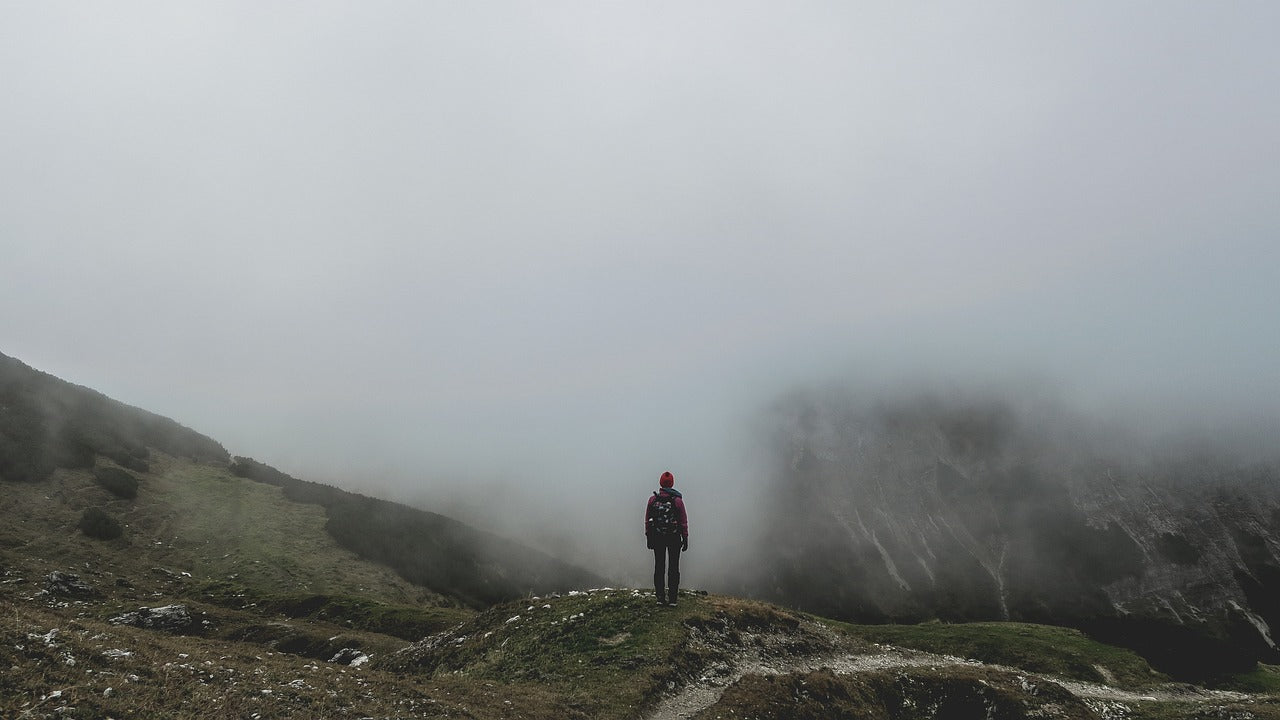
Understanding and Managing Seasonal Allergies in Older Adults
Seasonal allergies, often called hay fever, affect many people across the UK. While commonly associated with children and younger adults, older adults can experience significant symptoms too. Changes in the immune system with age, combined with other health conditions and medications, can make allergies more challenging to manage in later life. This blog explores the causes, symptoms and practical strategies to help older adults find relief.
What Are Seasonal Allergies?
Seasonal allergies occur when the immune system overreacts to airborne particles such as pollen from trees, grasses and weeds. Common triggers vary by season:
-
Spring: Tree pollens (e.g. birch, oak, alder)
-
Summer: Grass pollens (e.g. ryegrass, Timothy grass)
-
Autumn: Weed pollens (e.g. ragweed, nettle)
When these allergens enter the nose or eyes, they stimulate the release of histamines, causing familiar symptoms like sneezing and itching.
Why Seniors May Be More Affected
-
Immune System Changes: Ageing can alter immune responses, making reactions to allergens more intense.
-
Existing Respiratory Conditions: Conditions such as asthma or chronic obstructive pulmonary disease (COPD) can worsen allergy symptoms.
-
Medication Interactions: Some common medications (e.g. beta-blockers, certain antidepressants) can interfere with antihistamines or exacerbate dryness.
-
Reduced Mobility: Seniors may spend more time indoors with windows closed, leading to higher indoor allergen concentrations (e.g. dust mites, mould).
Recognising the Symptoms
Seasonal allergy symptoms in older adults mirror those in younger people but may be mistaken for a cold or side effects of medication. Key signs include:
-
Persistent sneezing and nasal congestion
-
Itchy, watery eyes
-
Post-nasal drip and sore throat
-
Fatigue and poor sleep due to nasal blockage
-
Headaches or facial pain from sinus pressure
Effective Management Strategies
-
Monitor Pollen Forecasts: Check daily pollen counts (e.g. via the Met Office website) and plan outdoor activities when counts are low.
-
Keep Windows Closed: During high pollen days, keep windows and doors shut and use an air purifier with a HEPA filter indoors.
-
Shower and Change Clothes: After spending time outside, a quick shower and fresh clothing remove pollen from hair and skin.
-
Nasal Irrigation: A saline nasal rinse (using a neti pot or spray) can clear allergens and mucus, easing congestion.
-
Appropriate Medication:
-
Antihistamines: Non-sedating options such as cetirizine or loratadine are generally well tolerated in older adults.
-
Nasal Corticosteroids: Sprays like fluticasone reduce inflammation effectively.
-
Eye Drops: Antihistamine or mast-cell stabiliser drops relieve itchy eyes.
Always consult your GP or pharmacist before starting new treatments, especially if you take other medications.
-
Lifestyle and Home Remedies
-
Indoor Cleaning: Regular dusting, vacuuming with a HEPA filter and controlling humidity (40–50%) to prevent mould.
-
Protective Masks: A lightweight pollen mask can reduce inhalation of airborne particles when gardening or walking.
-
Stay Hydrated: Adequate fluids help keep mucous membranes moist and reduce irritation.
-
Balanced Diet: Foods rich in omega-3 fatty acids and antioxidants (e.g. oily fish, berries) can support immune health.
When to Seek Medical Advice
If symptoms persist despite over-the-counter remedies, or if you experience:
-
Severe breathlessness or wheezing
-
High fever or thick, coloured nasal discharge (sign of infection)
-
Side effects from allergy medications
see your GP promptly. They may recommend allergy testing, prescription treatments or refer you to a specialist.
Final Thoughts
Seasonal allergies need not diminish your quality of life in later years. By understanding triggers, recognising symptoms and adopting targeted management strategies—from monitoring pollen counts to using appropriate medications—older adults can enjoy the outdoors with fewer interruptions. Always discuss new treatments with healthcare professionals to ensure safe and effective relief.



Leave a comment
This site is protected by hCaptcha and the hCaptcha Privacy Policy and Terms of Service apply.